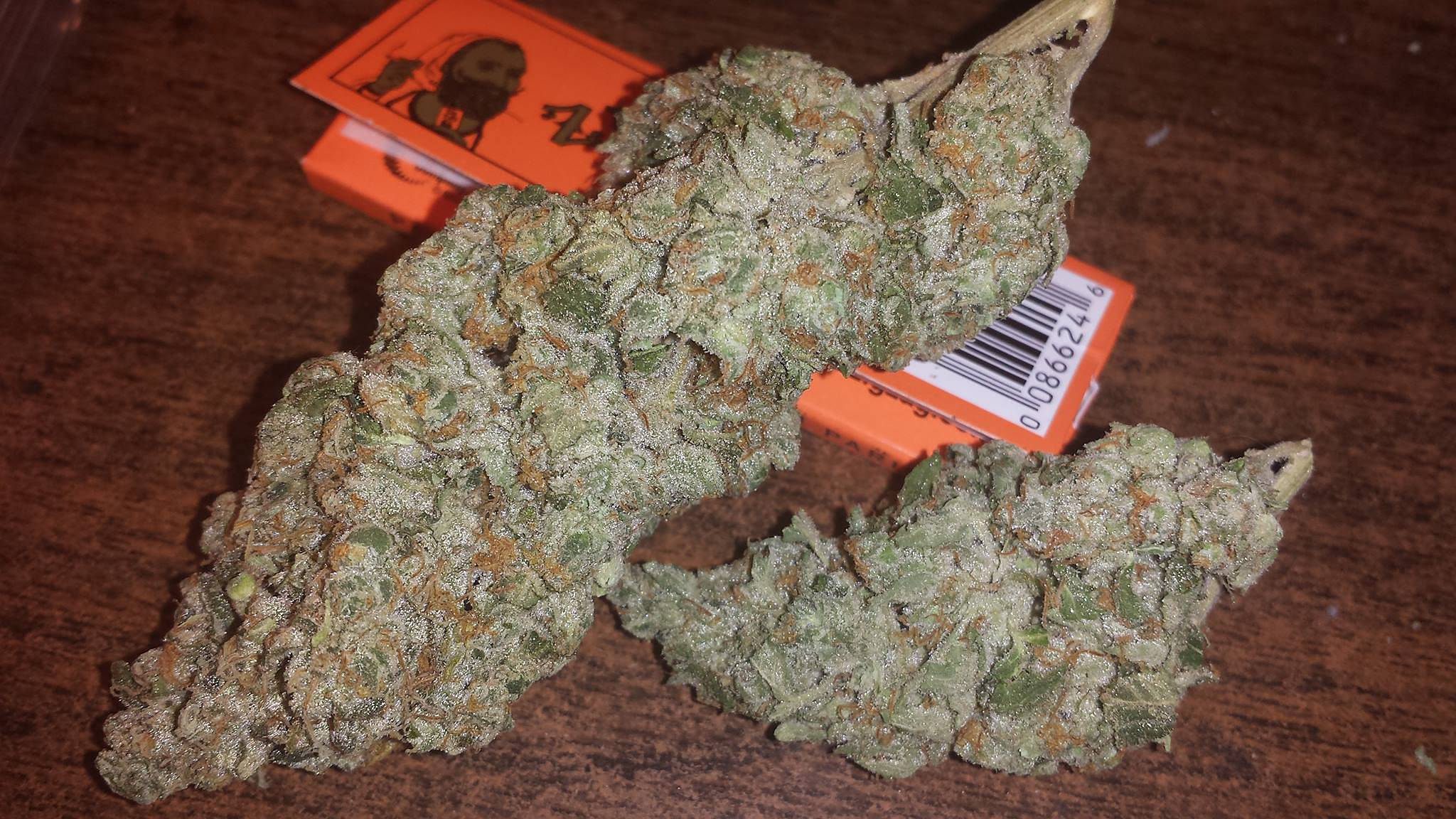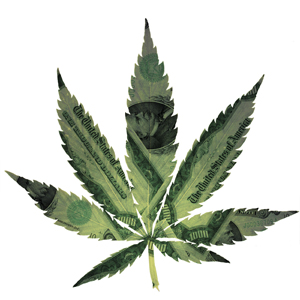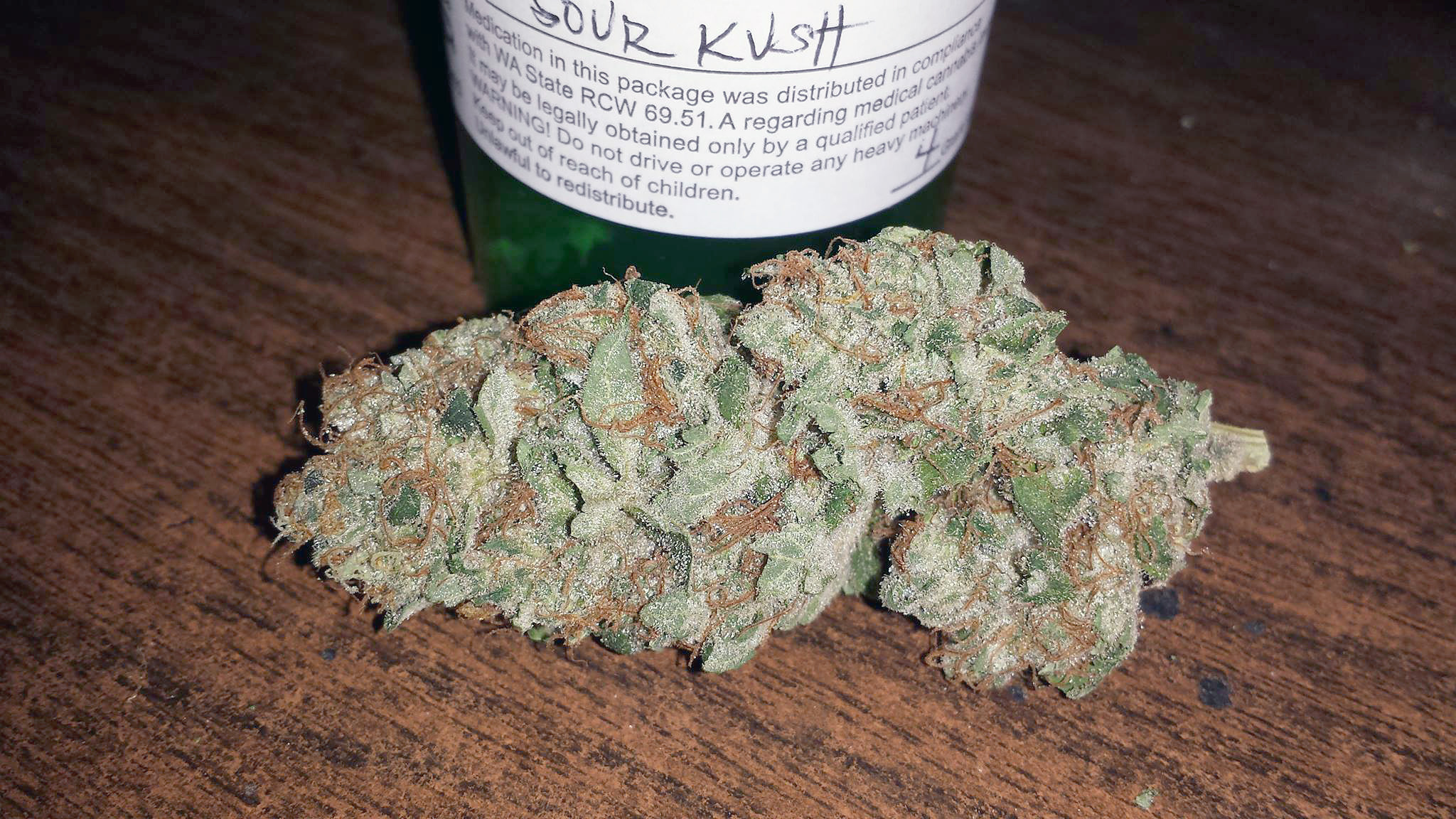We’re collaborating with the police,” Seattle Hempfest executive director Vivian McPeak was saying from the stage. “There will be no marijuana sales tolerated at Seattle Hempfest.”
While that first sentence wasn’t one I ever particularly expected McPeak to utter, the other part, about no sales, represented no change from past years’ Hempfest policy. You could always get ejected from the festival for selling weed, and last fall’s approval of the limited “legalization” measure I-502 by Washington voters certainly didn’t have any impact on that.
Still, it was just a tad surreal to hear Vivian’s speech from the Main Stage even as two different weed vendors offered their wares to me and other members of the crowd. There was the guy with a green Mohawk wig selling “dime bags” and cannabis lozenges; there was the young lady walking around openly selling eighths and quarters directly in front of the Main Stage (when no black shirts—Hempfest security staff—were around) even as McPeak’s words echoed through Myrtle Edwards Park.
The Super Silver Haze offered by the young lady for $30 an eighth was a respectable sativa, and appeared to be only slightly short of 3.5 grams, but I didn’t get an opportunity to weigh the stuff before smoking some of it right there in front of the Main Stage. The $10 “dime bag” from Green Mohawk Guy turned out to weigh .7 grams instead of a full gram, but then that’s street-weed buying for you.
Both weed samples bought at Hempfest’s Main Stage (because I’m a dedicated reporter, not because I’m a scofflaw) got me respectably high; neither seemed to be adultered with mold, mites, or any of the other scary things we were repeatedly warned about from the stage. This wasn’t shocking, as most marijuana sold in Washington state, whether on the black market or through medical-marijuana dispensaries, isn’t molded, mite-infested, or adulterated.
What leaves me slightly mystified is the belief—evidently held by lots of Hempfest staff—that they can eradicate street cannabis sales from the festival. Prohibition doesn’t work as long as there is demand for a product.
Shouldn’t the Hempfest folks know this better than anyone? It’s called “learning from history.” Marijuana prohibition doesn’t work on the national, state, or city level—why should it suddenly, magically work to make the rule “No pot sales at Hempfest?”
Making the quest to eradicate marijuana sales at Hempfest particularly quixotic is the fact that lots of people—myself decidedly not included—come there to buy weed. Yes, these are overwhelmingly young people without medical-marijuana authorizations. But anyone with a passing familiarity with market forces knows that people with money who want a product can find people to sell it to them.
It’s almost certainly the case that, for PR and legal reasons, Hempfest staff are forced to officially disavow the copious cannabis sales happening right under their noses (public consumption is tolerated; sales are not). That doesn’t make the experience any less surreal—or any less a microcosm of the “problem.”
tokesignals@seattleweekly.com
Steve Elliott edits Toke Signals, tokesignals.com, an irreverent, independent blog of cannabis news, views, and information.








